Since the launch in November 2014 of UNHCR’s global campaign #IBelong to end statelessness by 2024, West and Central African states have shown leadership and made progress, both in terms of political commitments and concrete actions to eradicate statelessness.
At the level of commitments, the adoption of the Abidjan Declaration and the Banjul Implementation Plan on the Eradication of Statelessness in the ECOWAS zone in 2015 and 2017 respectively on the one hand, and CEMAC led N’Djamena Initiative for the Eradication of Statelessness in Central Africa on the other, were major initiatives that served as the basis for important actions aimed at eradicating statelessness in west and central African countries.
Eight years after the launch of the campaign in West Africa, eleven West African countries have adopted national action plans to combat statelessness1 and thirteen are parties to the 1954 and 1961 Statelessness Conventions2. Côte d’Ivoire has established and operationalized Statelessness Determination Procedures (SDPs), a process for stateless migrants to access international protection. In the same vein, Senegal and Benin have adopted a law on the status of refugees and stateless persons, while Burkina Faso, Mali, Nigeria, Guinea and Niger have initiated actions to establish these procedures. Regarding law reform to prevent and reduce statelessness, Sierra Leone and Liberia have reformed their nationality laws to eliminate gender-based discrimination. Finally, Burkina Faso, Niger, Gambia, Guinea Bissau and Liberia conducted studies on risks of statelessness, while Mali included questions on statelessness in the General Population Census form as a means to improve qualitative and quantitative data on statelessness.
Regarding Central Africa, it is worth mentioning that Chad has ratified the 1954 and 1961 Statelessness Conventions. Cameroon and the Central African Republic have adopted a national action plan to combat statelessness and important actions have been implemented to improve birth registration and enhance access to civil documentation as a mean to prevent statelessness.
Other noticeable progress includes the development of the draft regional model law on the protection of stateless persons, statelessness determination procedures (PDA) and facilitation of their naturalization, aimed at supporting West and Central African states in establishing or strengthening SDPs. Moreover, actions towards strengthening knowledge and research on statelessness for French-speaking practitioners in West and Central Africa has been ongoing with impactful results through an annual French-speaking course on statelessness and nationality law. Finally, the return on the AU agenda of the Draft Protocol to the African Charter on Human and Peoples’ Rights on Specific Aspects of the Right to a Nationality and the Eradication of Statelessness in Africa (Draft Protocol to the ACHPR, with its examination of by the Specialized Technical Committee of the African Union in December 2022 is also worth mentioning.
However, one year before the end of the #Ibelong campaign, many pledges remain to be fulfilled as States continue to face major challenges. Furthermore, opportunities to achieve concrete results need to be further explored.
The regional meeting is a continuation of discussions held during the Lomé regional meeting in November 2021 and will be structured around two segments aimed at achieving two major objectives. A first working session, was devoted to the finalization and adoption by experts of the regional model law on the protection of stateless persons and statelessness determination procedures (PDAs). Representatives of Civil Society Organizations that contributed to the development of the regional model law are also invited to take part in this component of the meeting.
A second session, dedicated to Focal Points of Statelessness was the opportunity to take stock by country on the state of implementation of commitments and other measures taken under the Banjul Presidency, the N’Djamena Initiative by West and Central African States, ECOWAS, ECCAS and other regional entities to end statelessness. Participants will discuss progress, challenges and opportunities to accelerate actions to achieve the objectives of the #Ibelong campaign by 2024.
Specifically, the regional meeting aims to:
- Review and adopt at the technical level of the draft regional model law enriched statelessness focal points and civil society organizations.
- Present ECOWAS and ECCAS roadmaps for the adoption at the highest level of the regional model law.
- Take stock of the achievements and challenges encountered in the implementation of the HLS on statelessness pledges made by each of the Member States of ECOWAS and ECCAS as well as by the ECOWAS and ECCAS Commissions.
- Agree on follow-up mechanisms/actions to address challenges and explore opportunities to accelerate the implementation of commitments made at the High-Level Segment.
- Galvanize main actors involved in the fight against statelessness and facilitate the sharing of experience and good practices.
- Discuss approaches to communicating and reporting on progress towards pledges implementation and other actions aiming to eradicating statelessness.
- Assess the contribution of West and Central African countries during the examination of the
draft protocol to the ACHPR by the AU Justice and Legal Affairs STC and define a common
strategy for the next steps.
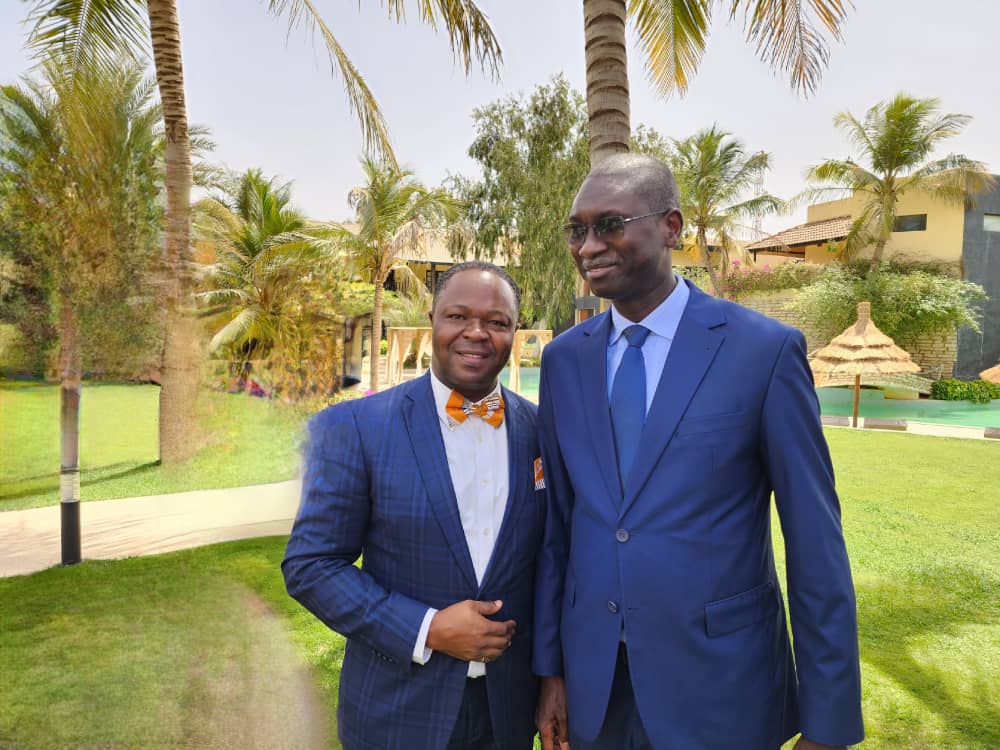
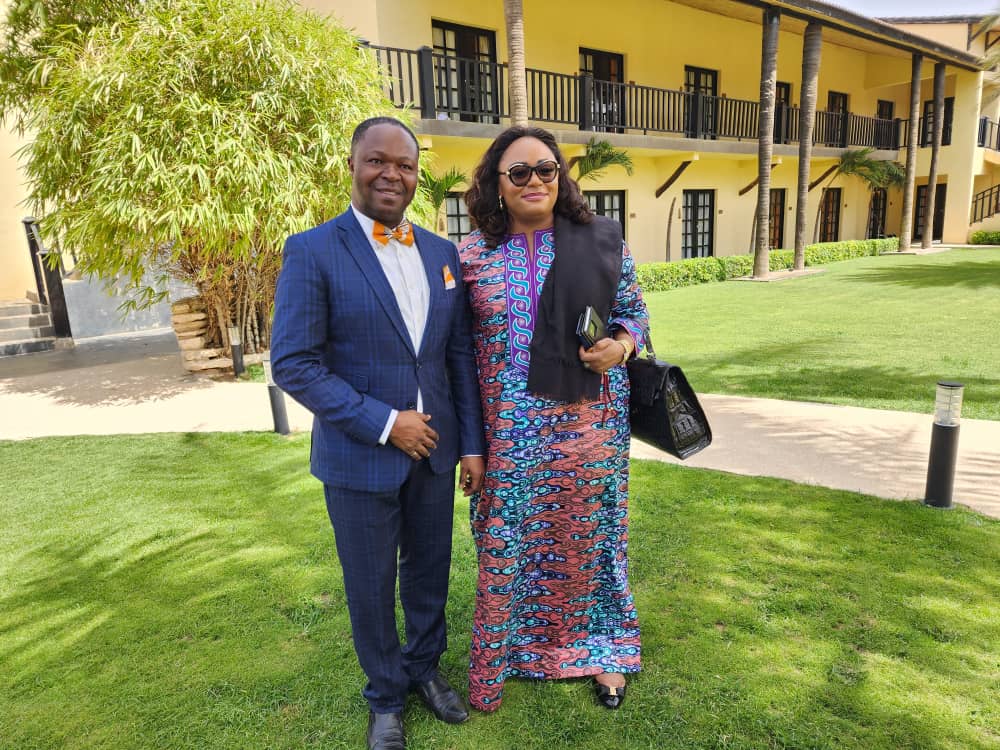
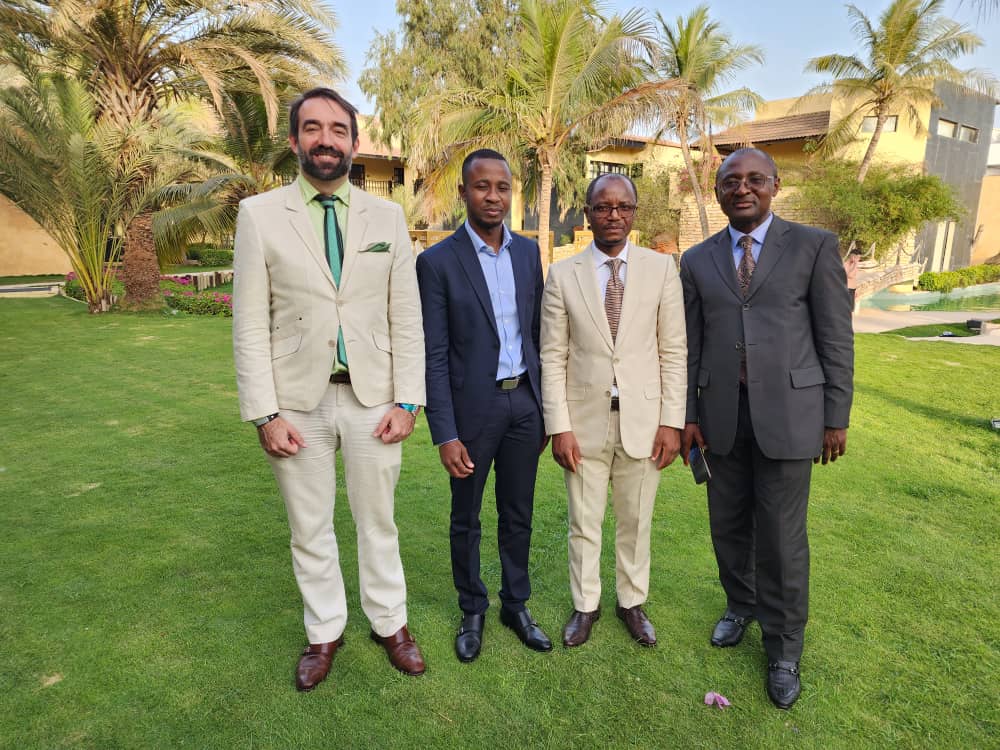
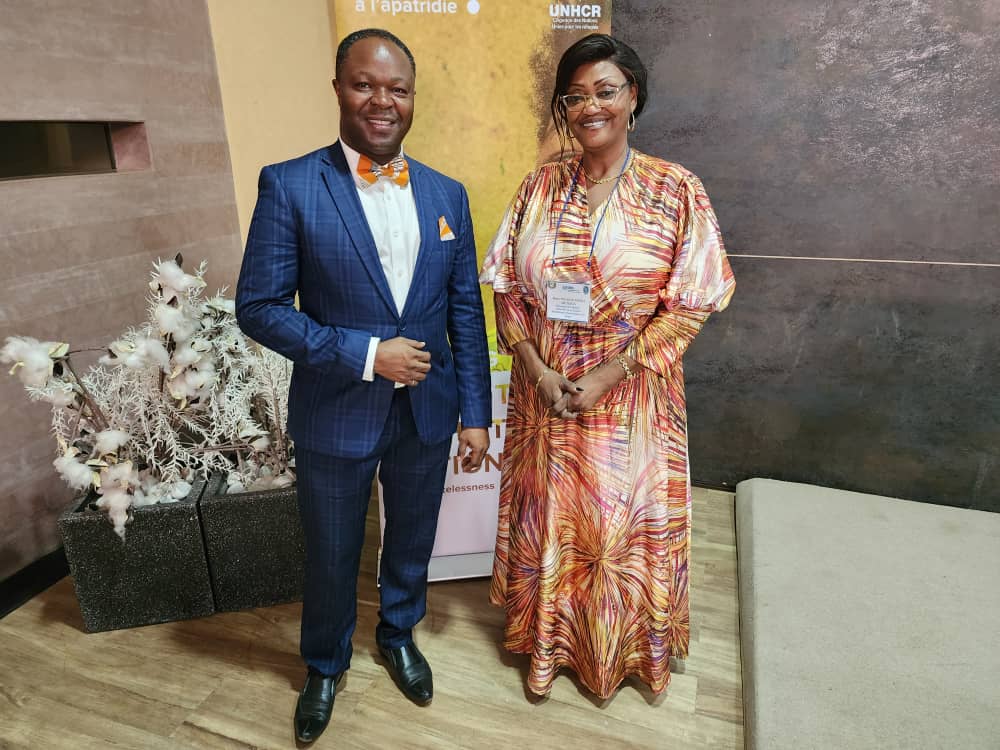
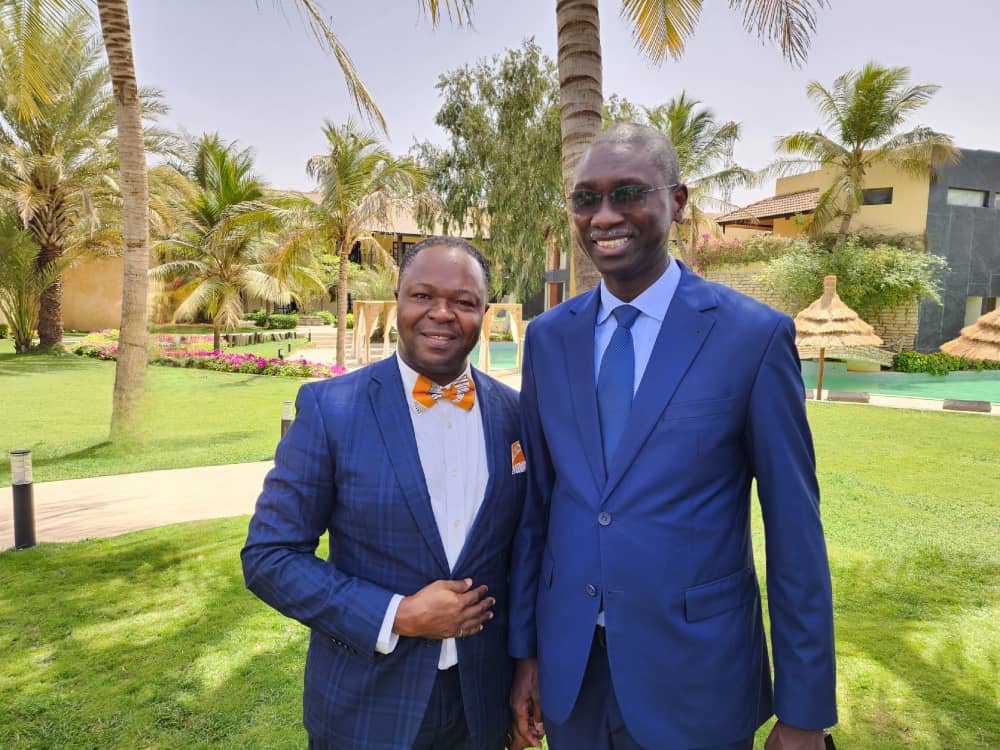
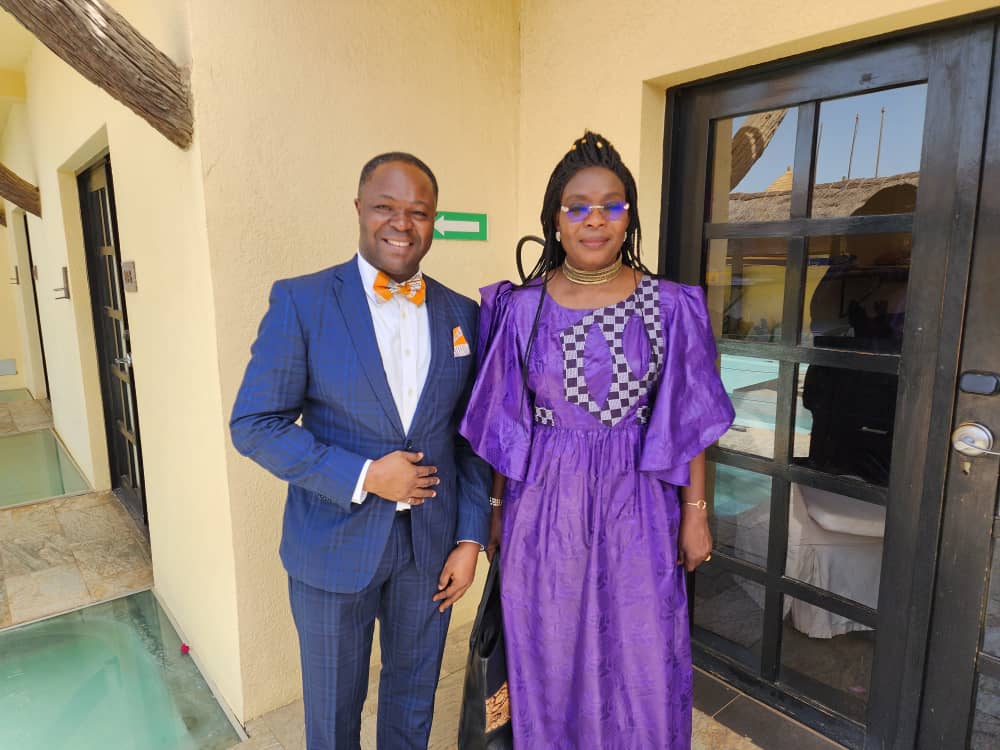
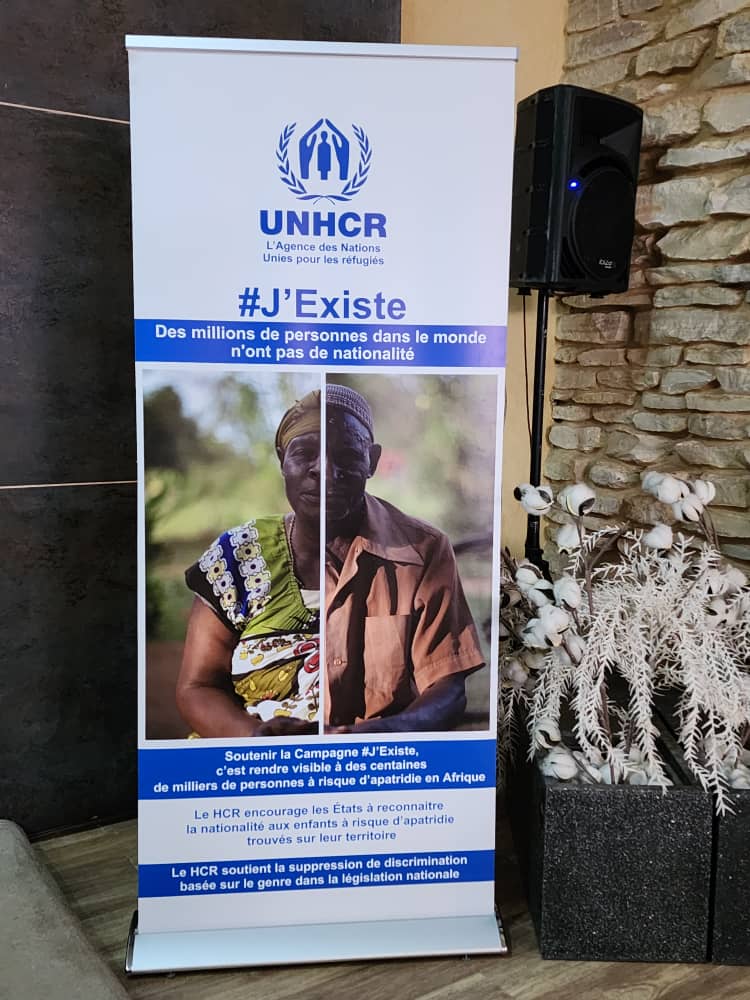
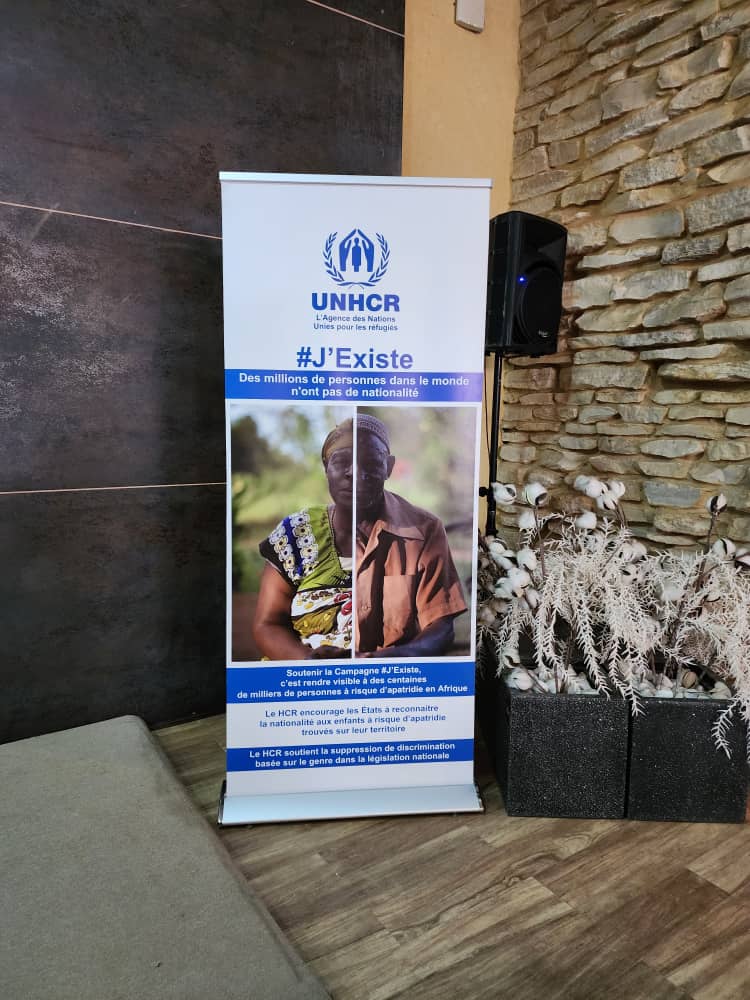
Leave a Reply